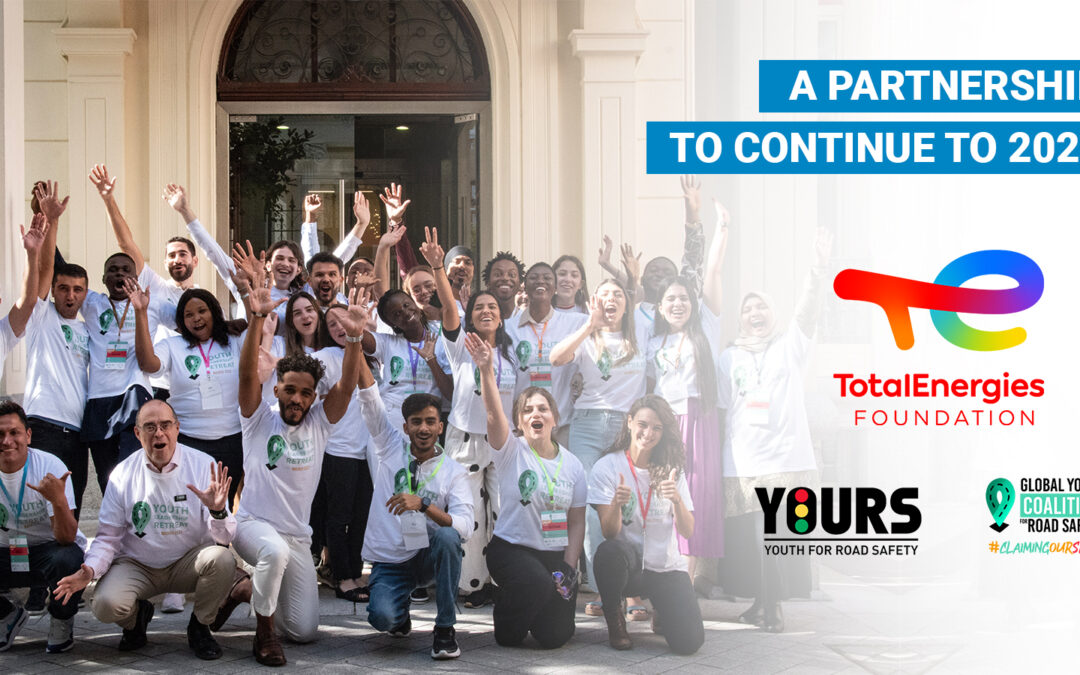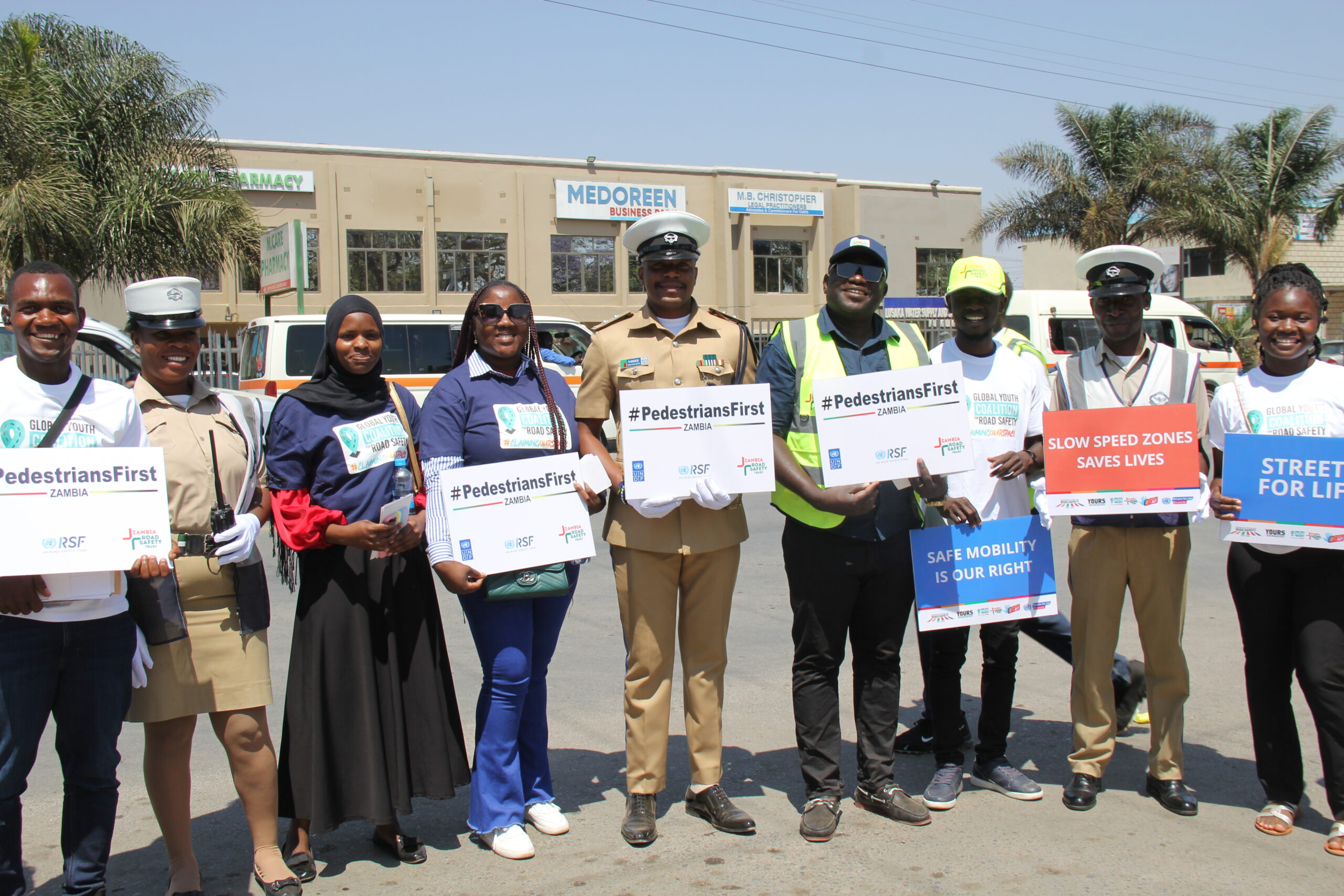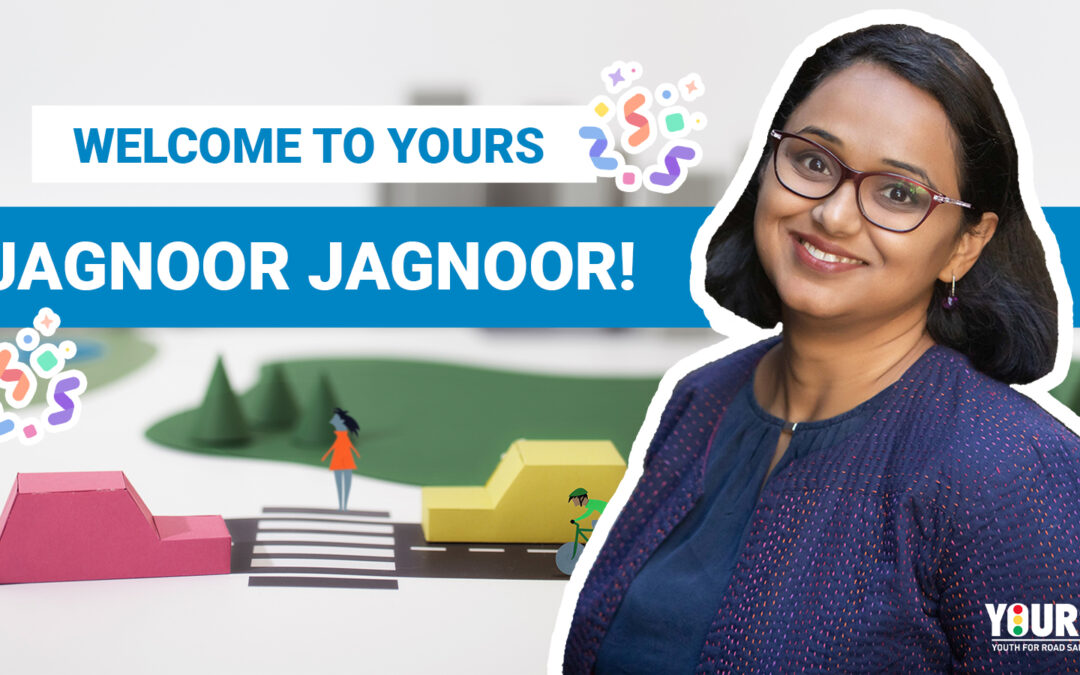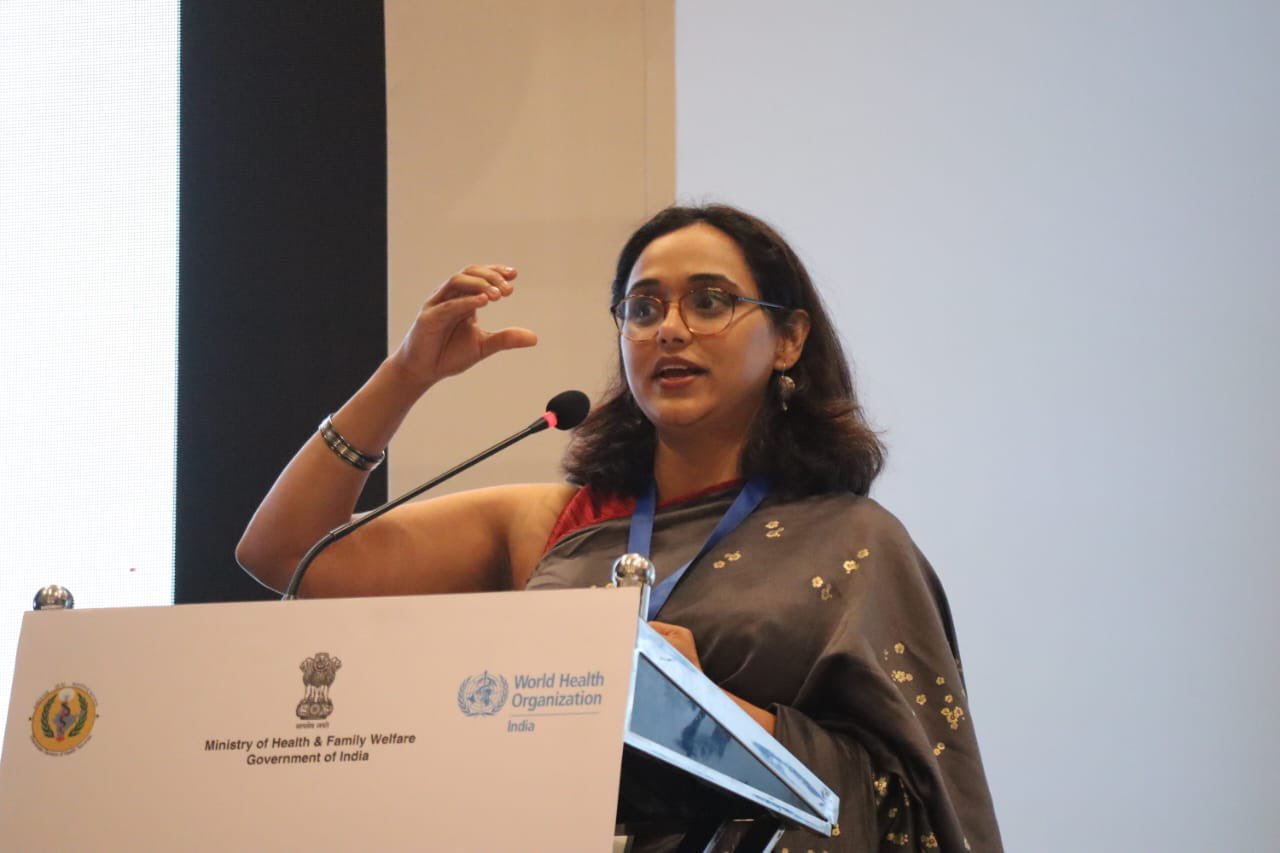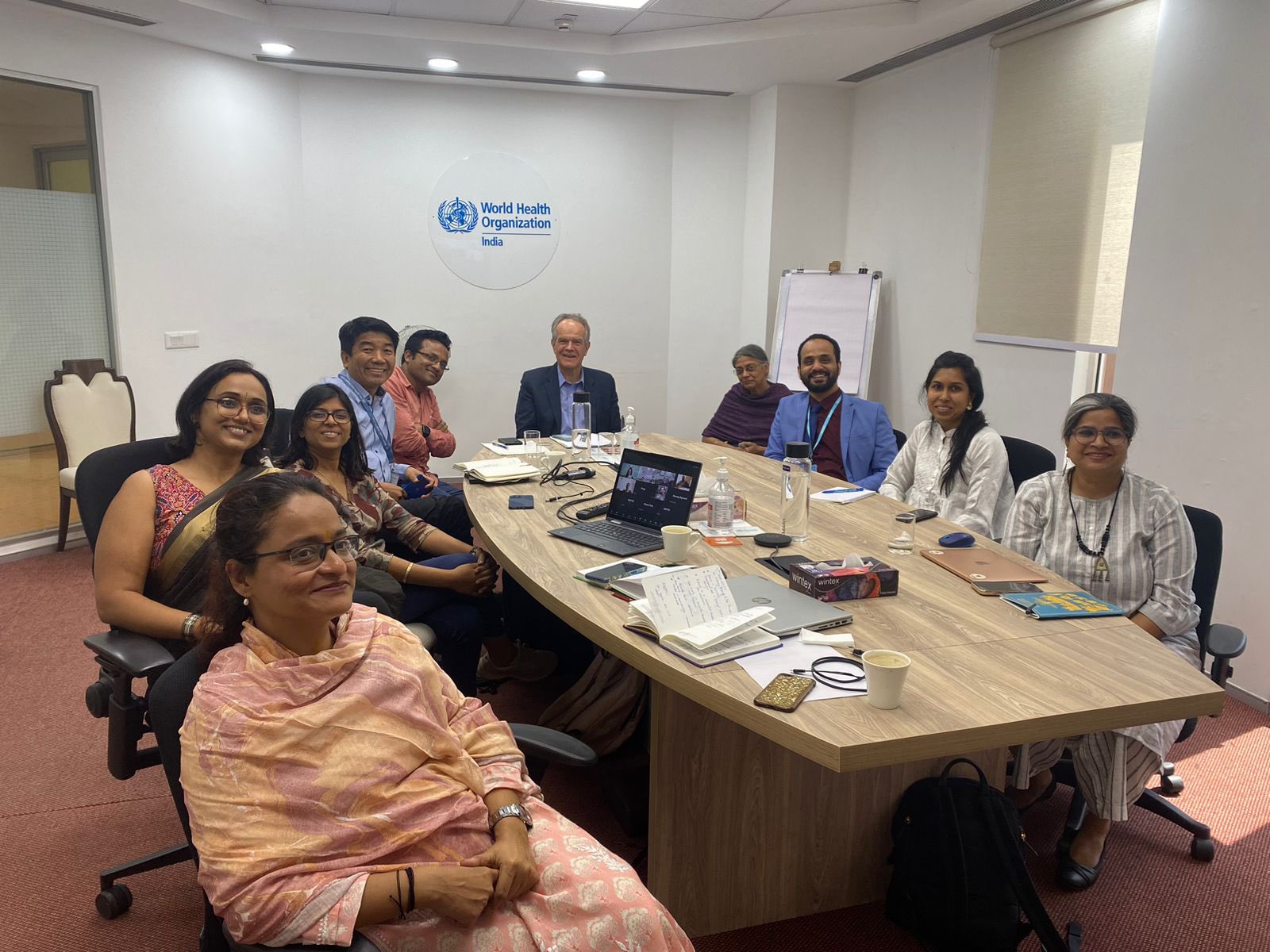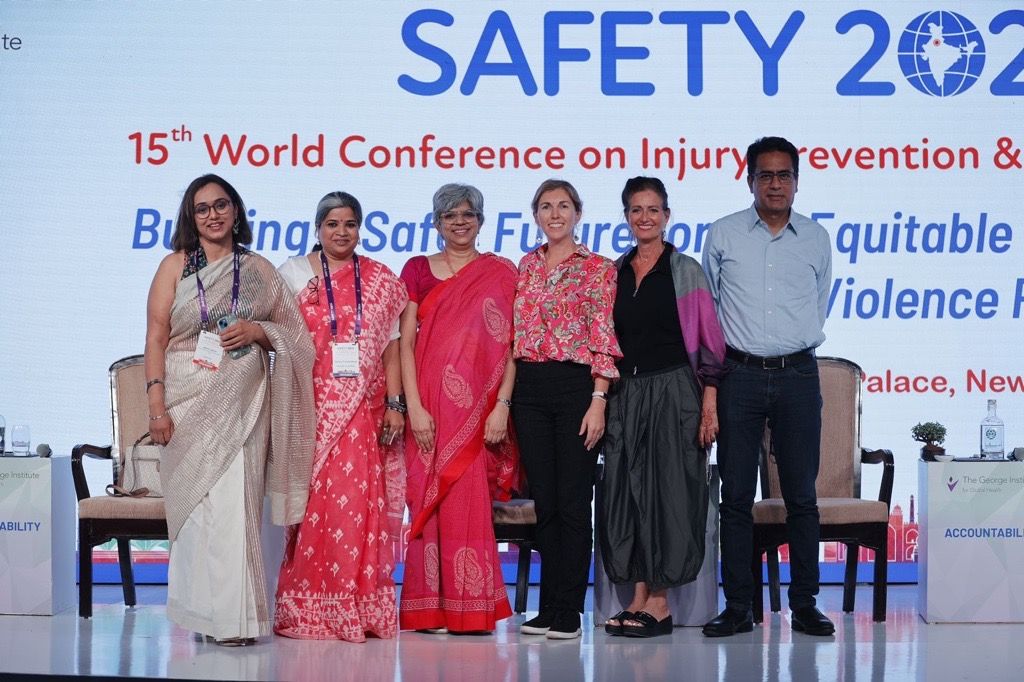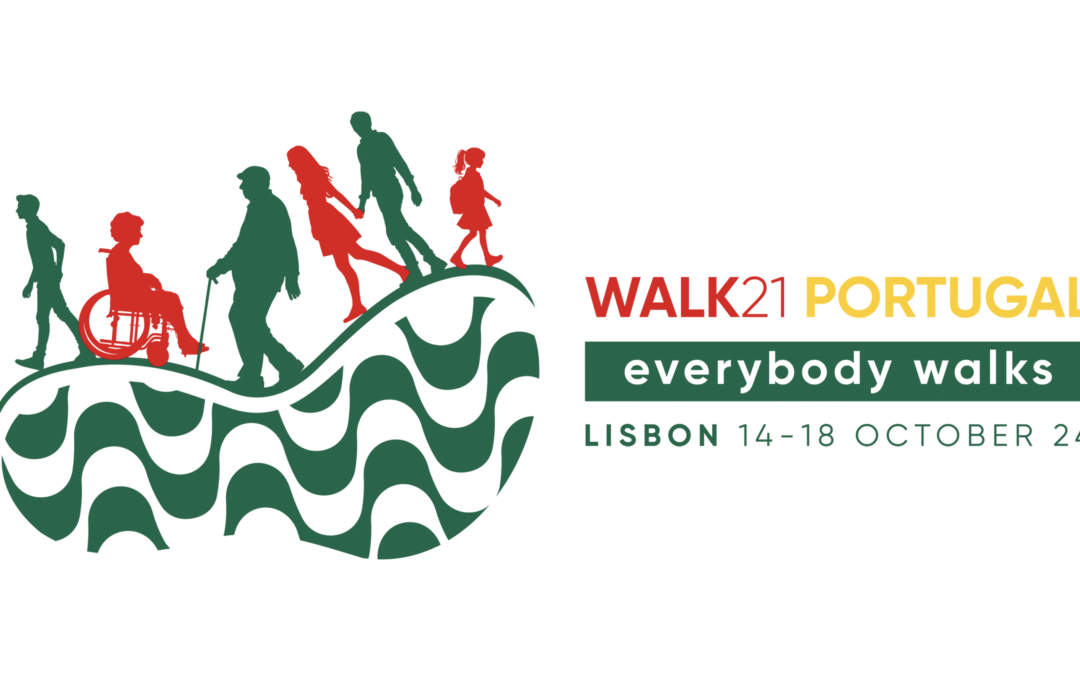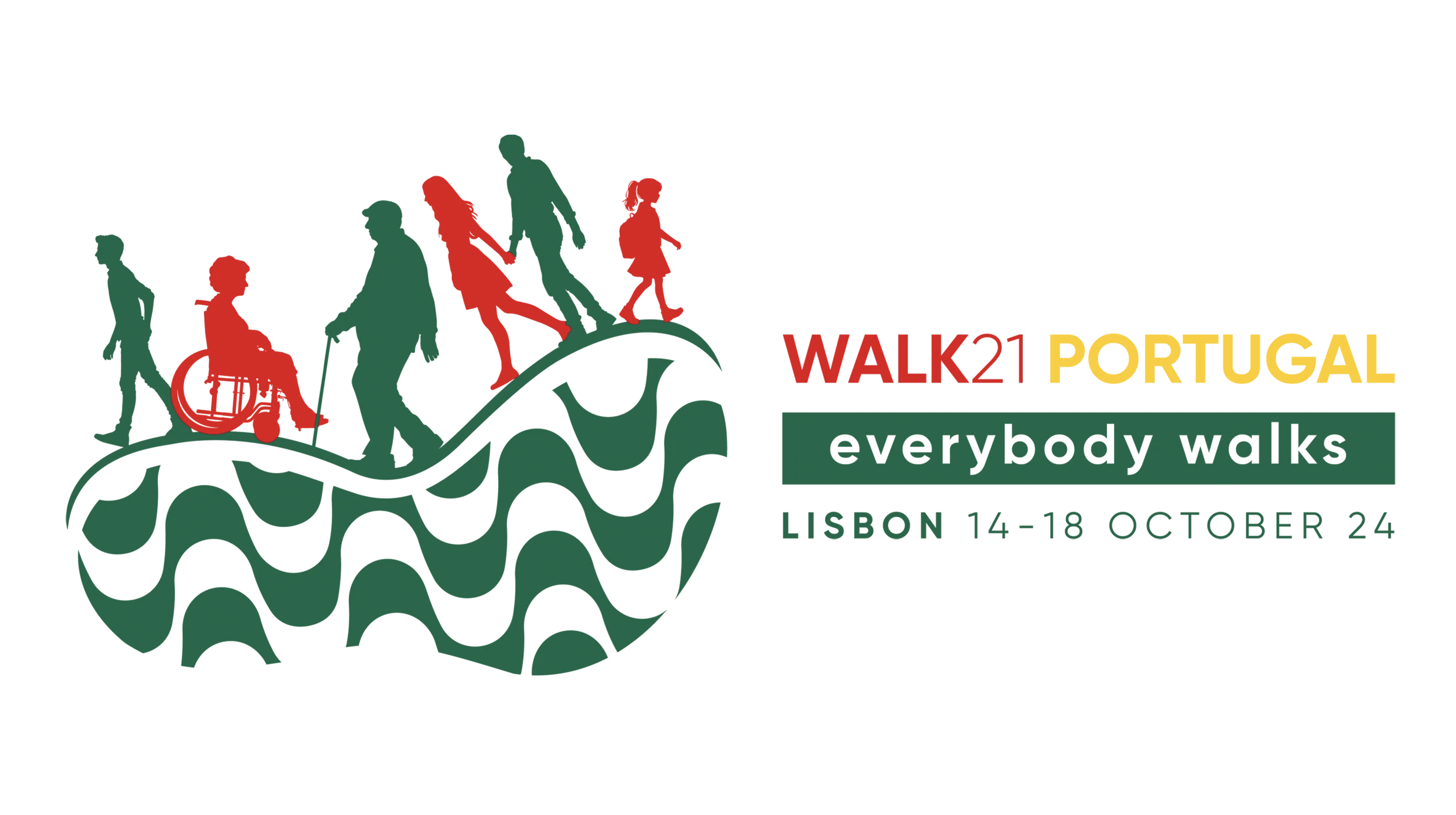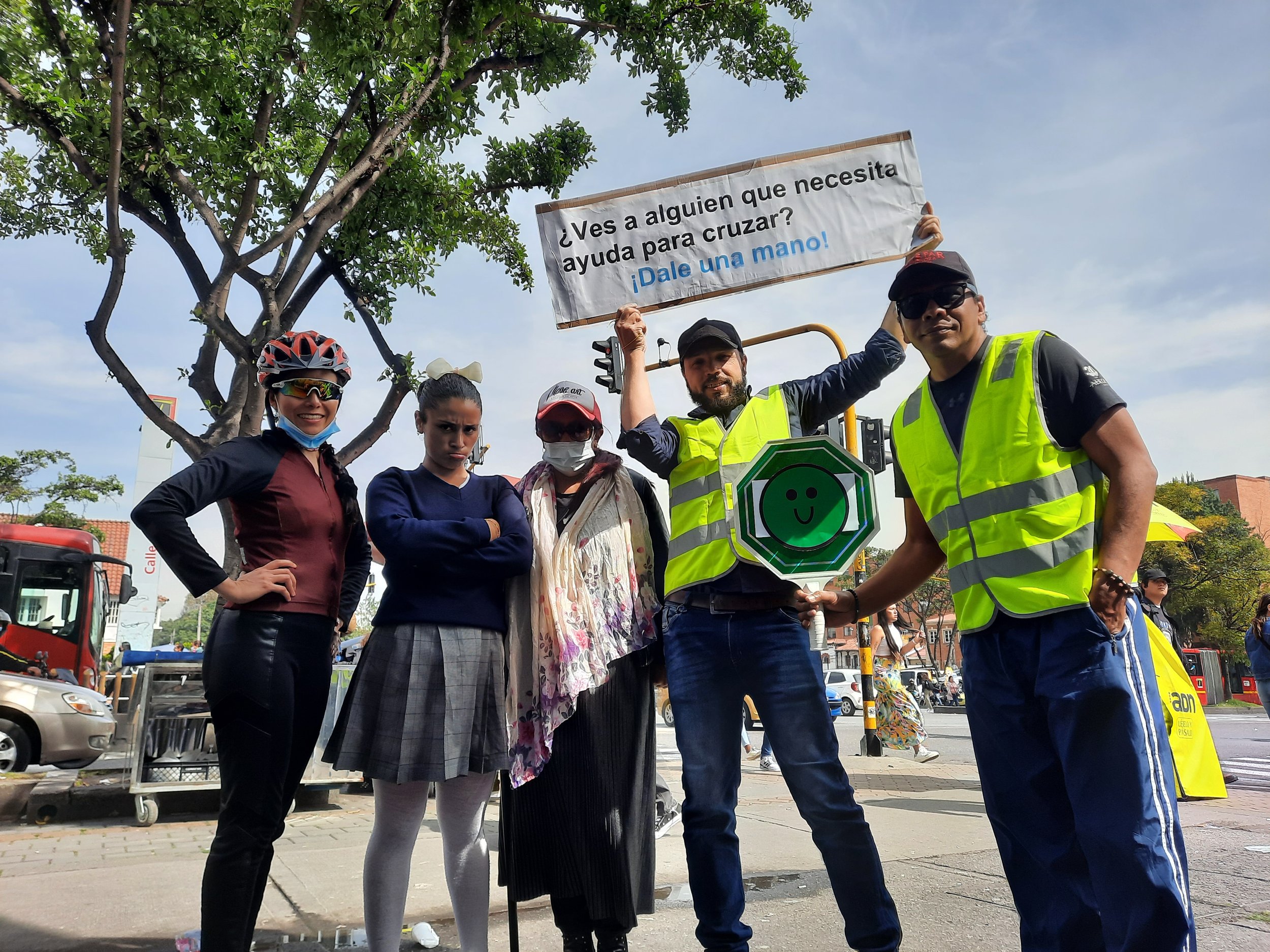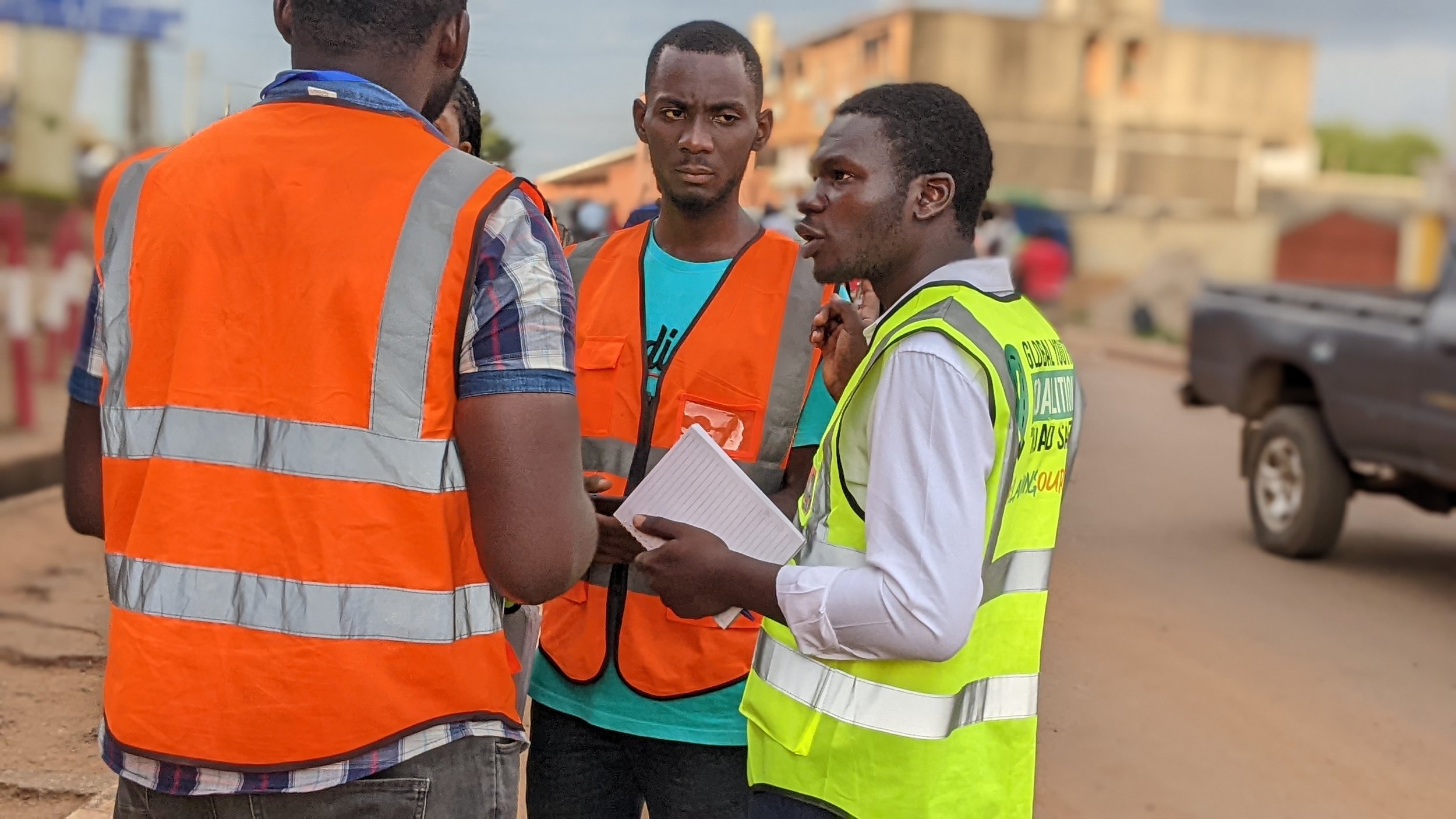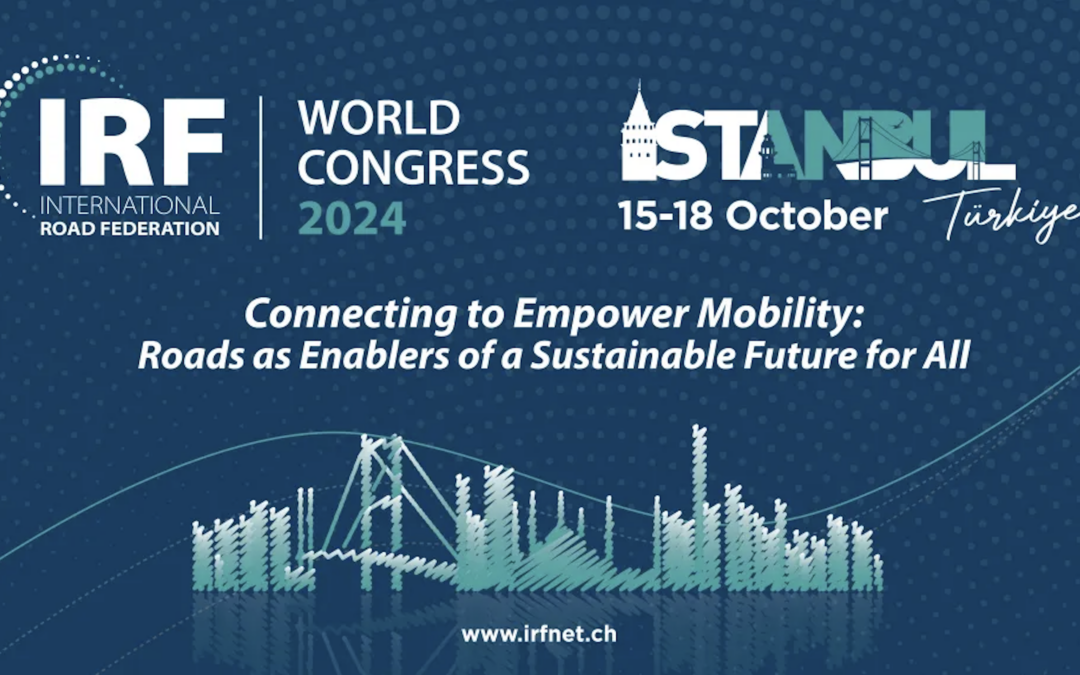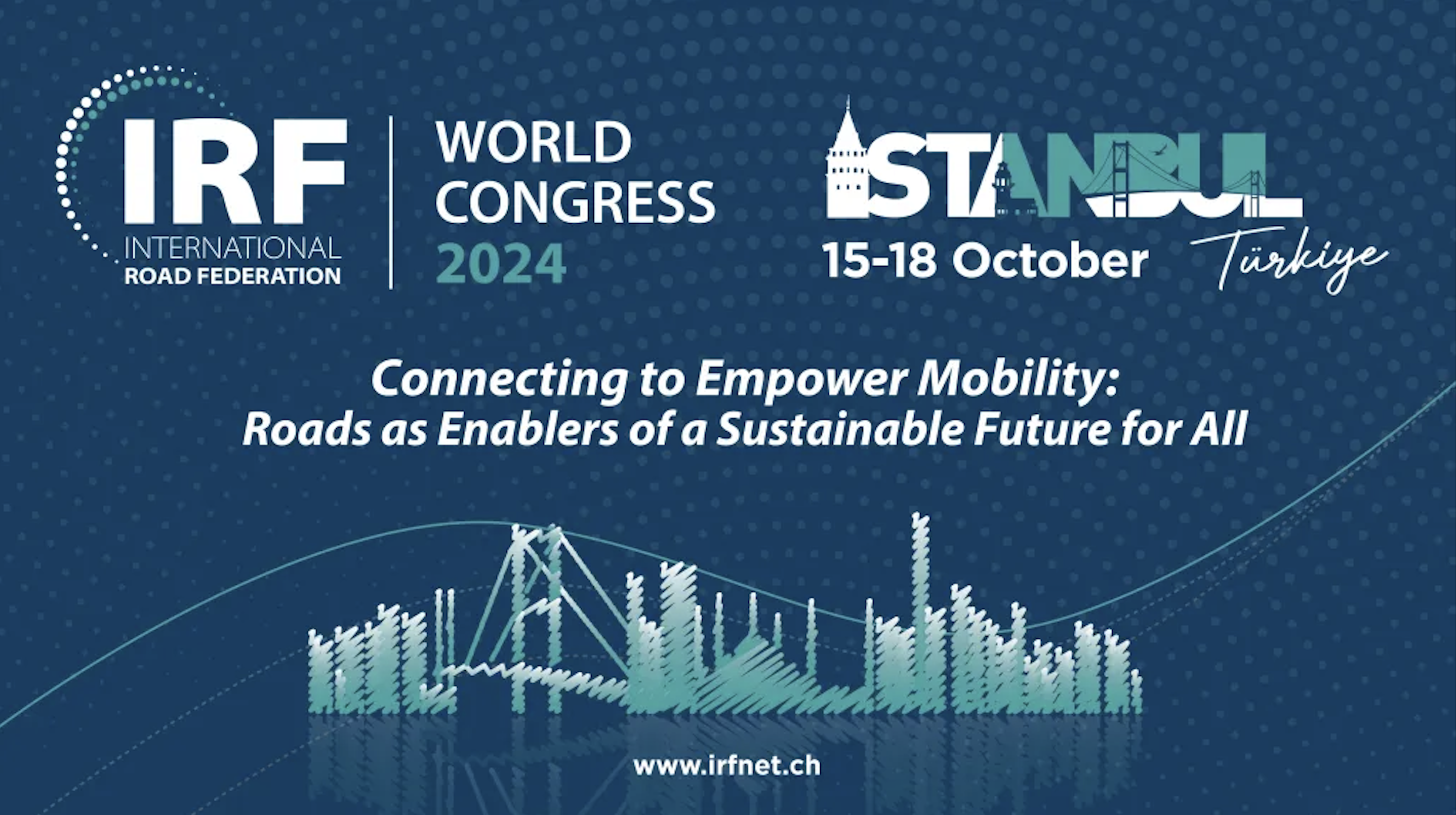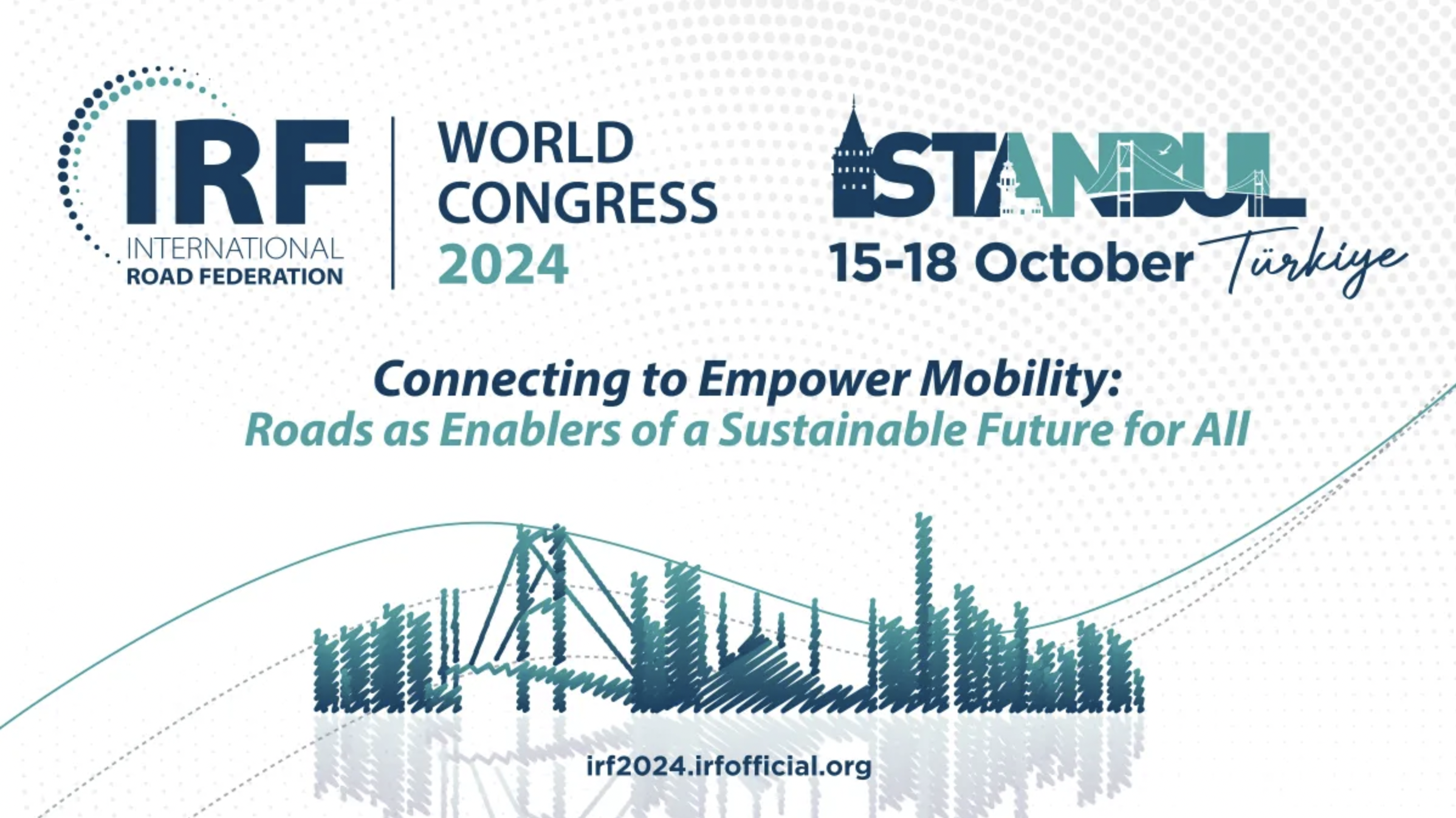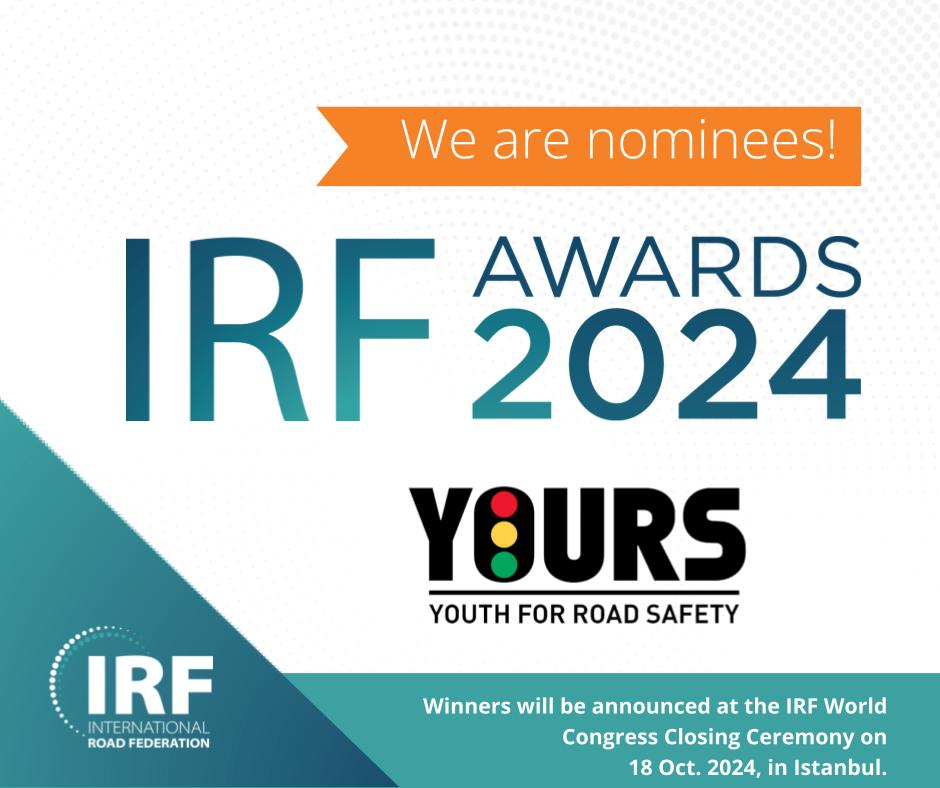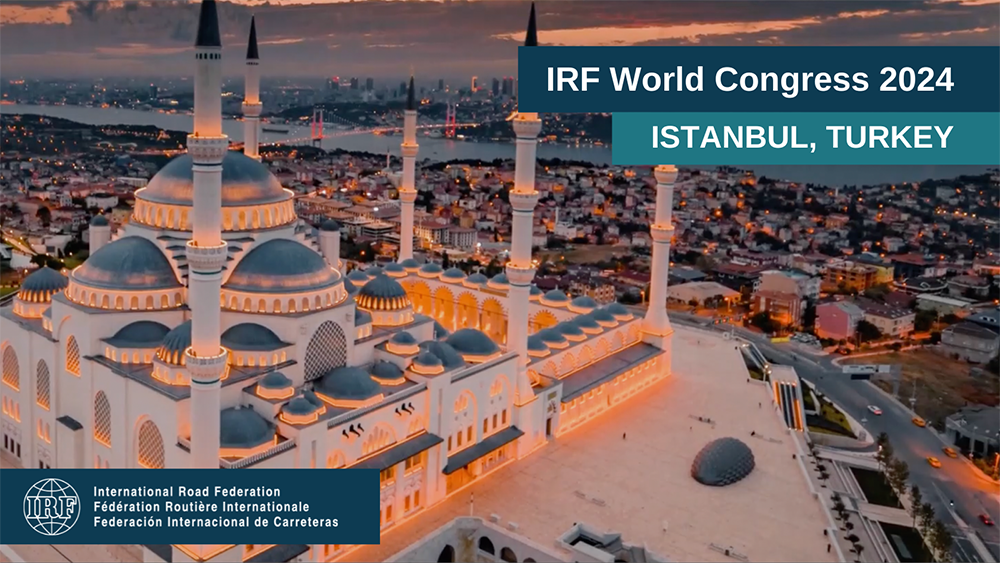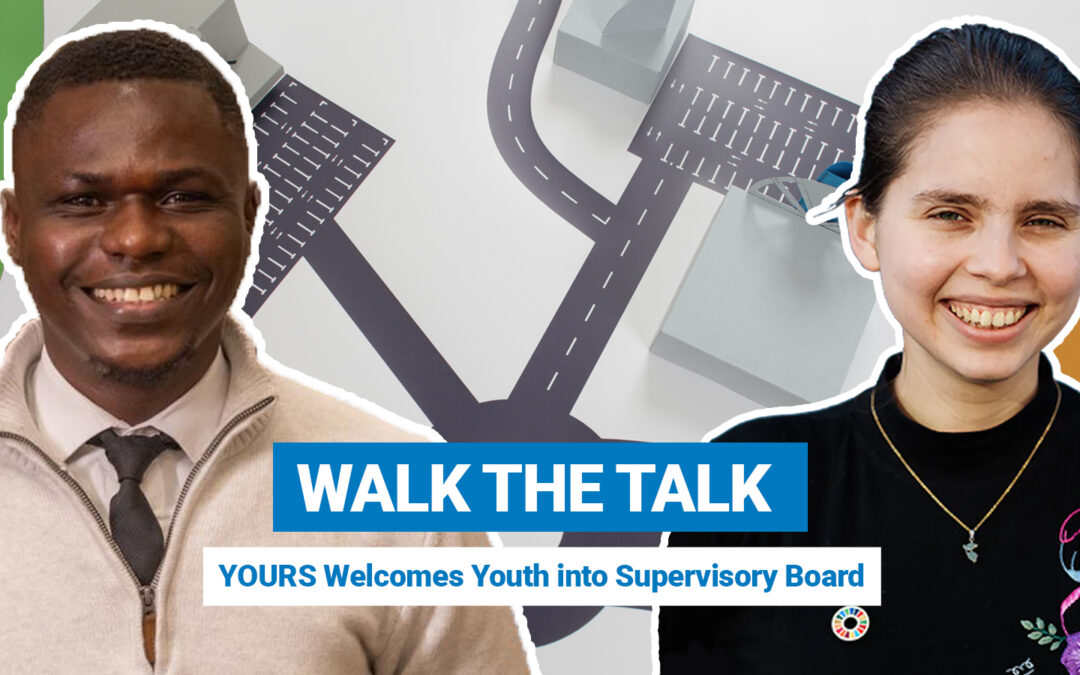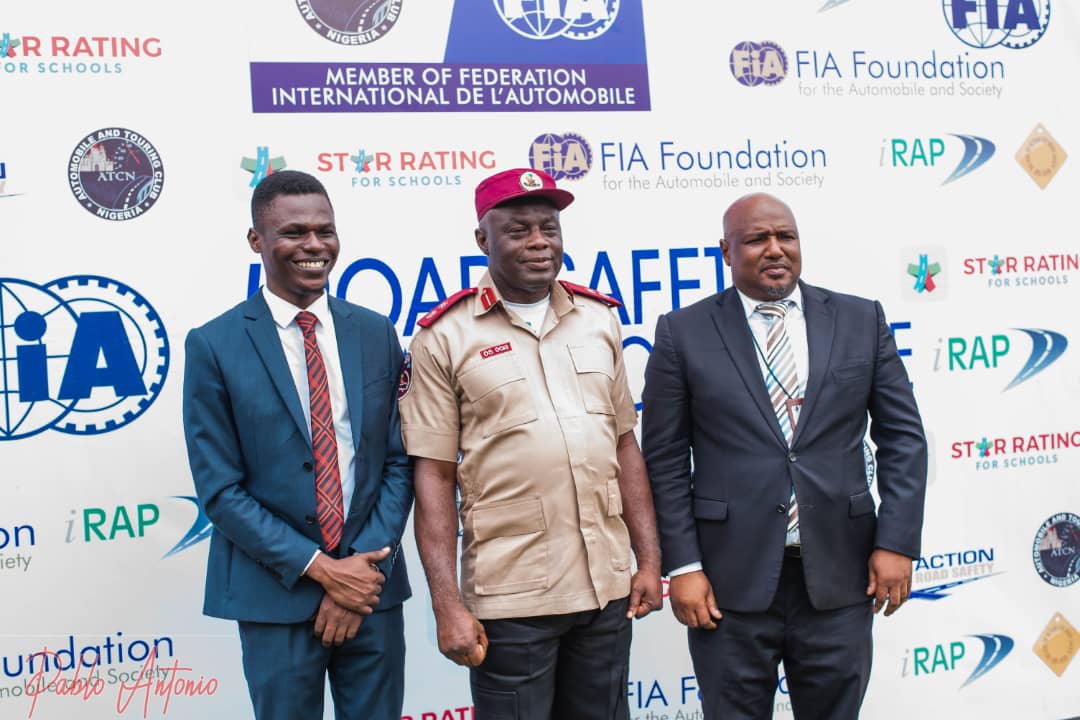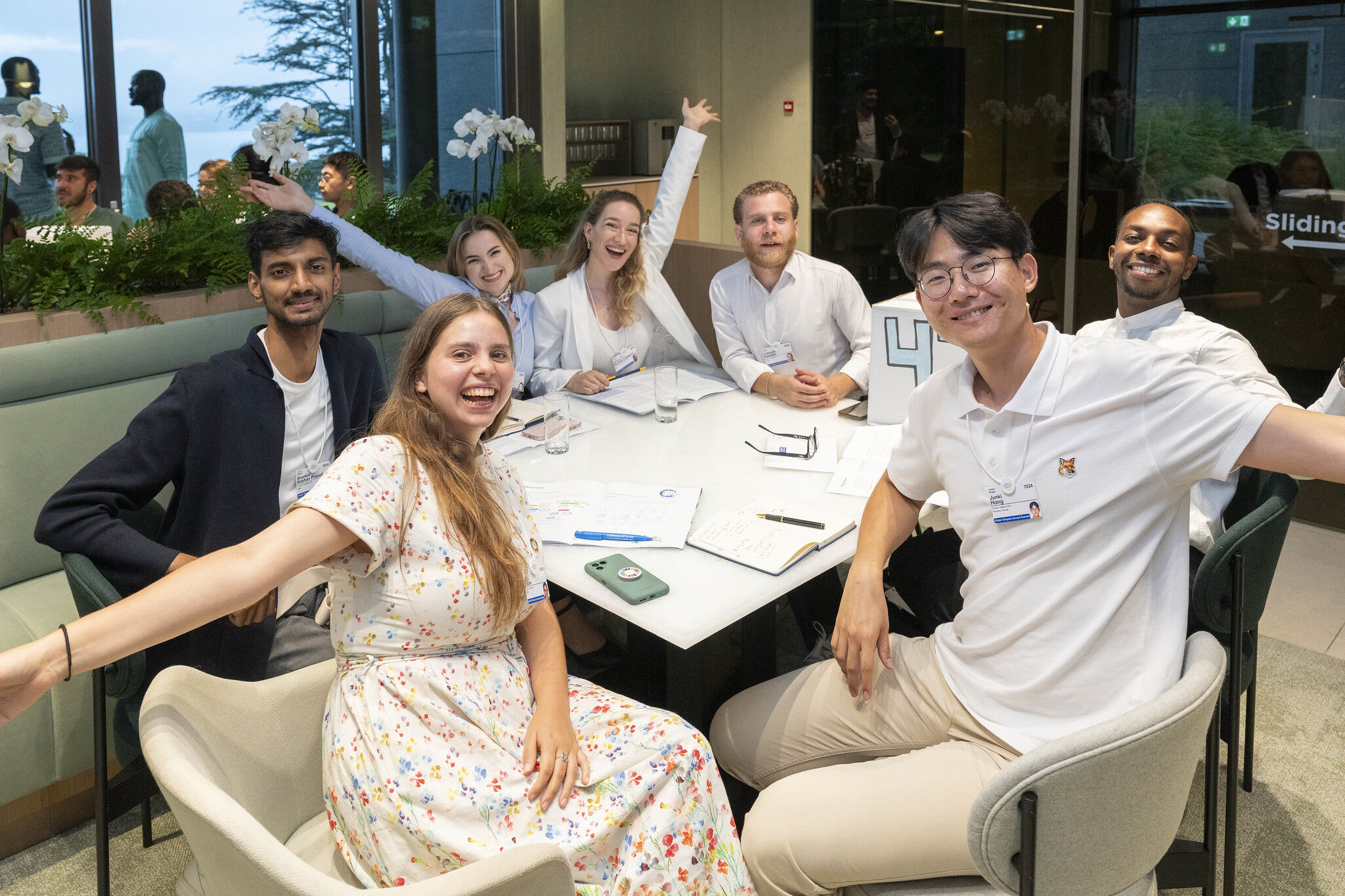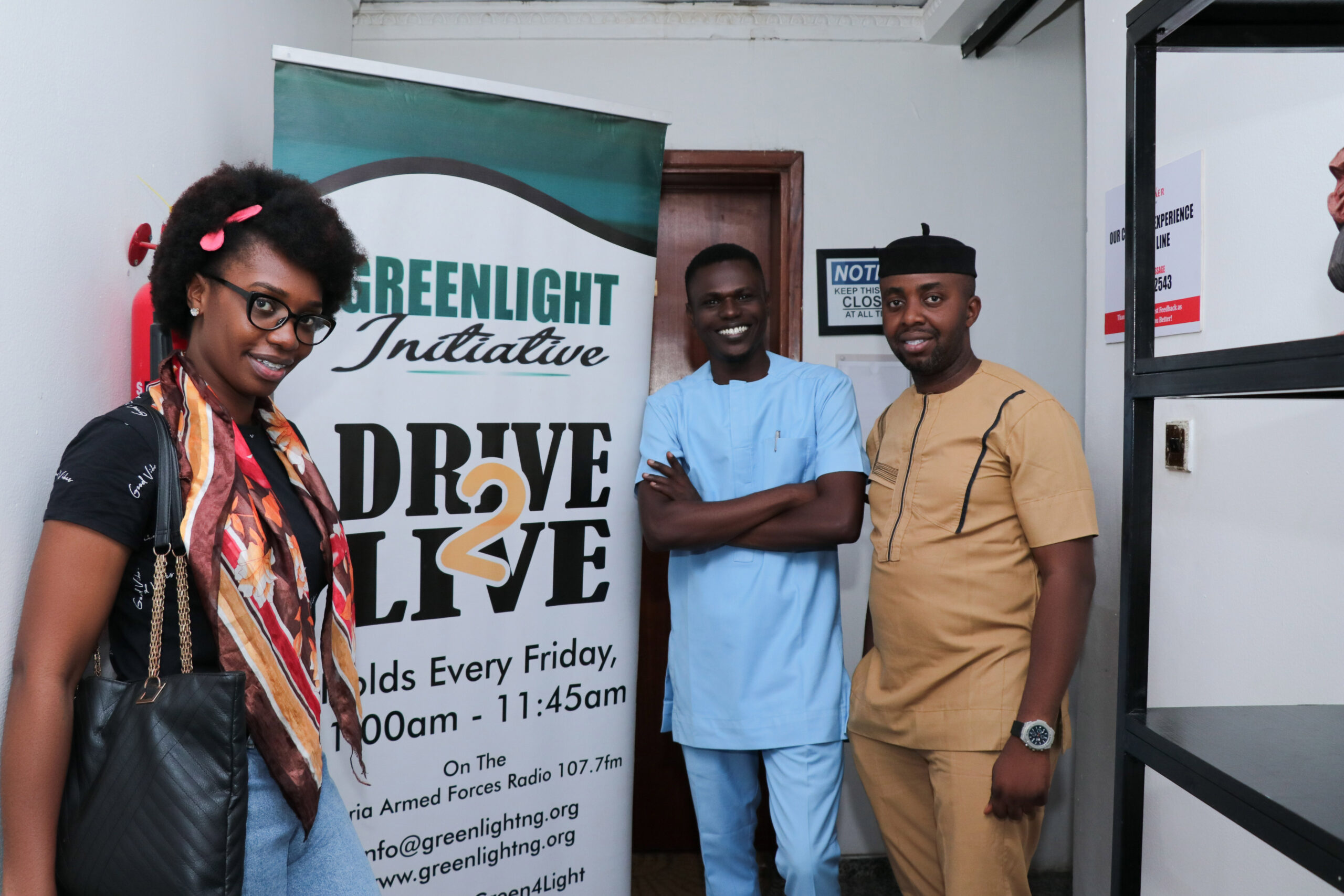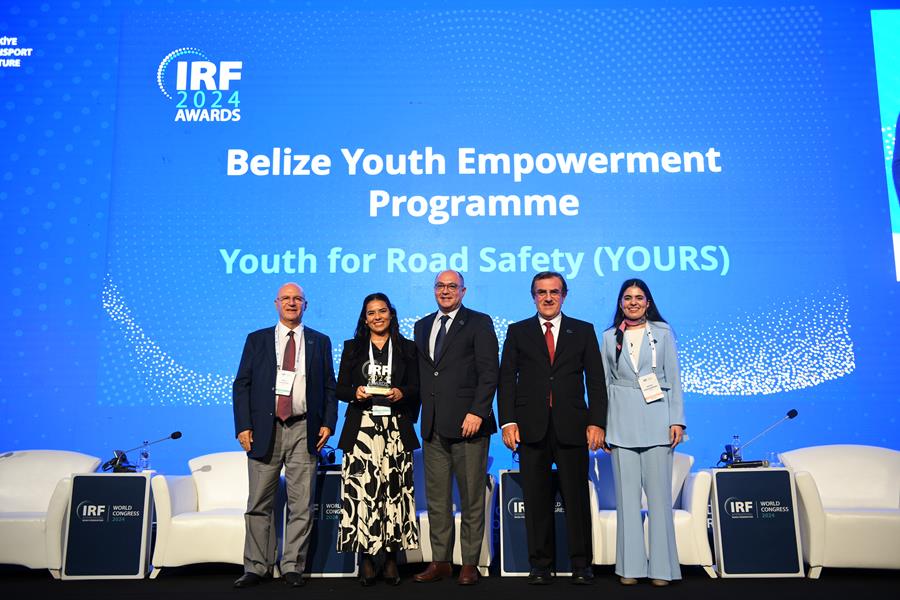
Celebrating Youth Power in Belize: An Award-Winning Programme at IRF World Congress
We are excited to announce that Youth for Road Safety (YOURS) has been awarded the Inclusion and Diversity Award at the IRF World Congress 2024 for our work on the Belize Youth Empowerment Programme. This recognition underscores the power of youth-led initiatives to create safer, more inclusive, and sustainable communities.
In 2014, Belize faced a road safety crisis, with young people representing 30% of road fatalities. In response, YOURS partnered with the Caribbean Development Bank, the Government of Belize through the Ministry of Education, and with Youth to launch the Belize Youth Empowerment Programme. This initiative empowered 35 young leaders to address road safety in their communities, transforming them into change-makers.
Our award-winning methodology provided these young leaders with the tools to lead a ripple effect. After various master training sessions, they reached over 3,000 peers through workshops, festivals, and media outreach. All these efforts created a safety vision amongst the country’s youth. To ensure the sustainability of their actions, they even founded the Belizean Youth for Road Safety (BYRS).
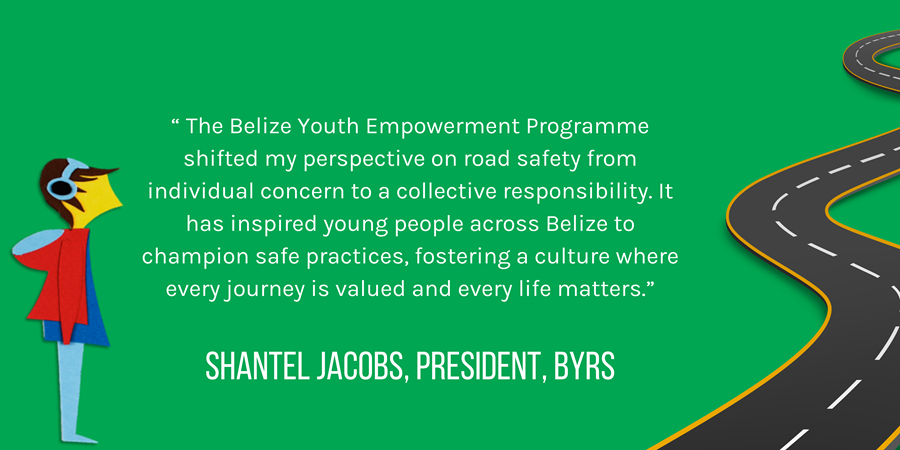
The success of this initiative demonstrates the power of multisectoral collaboration—combining the investment of a multilateral bank, the strategic vision of government ministries, and the leadership of youth.
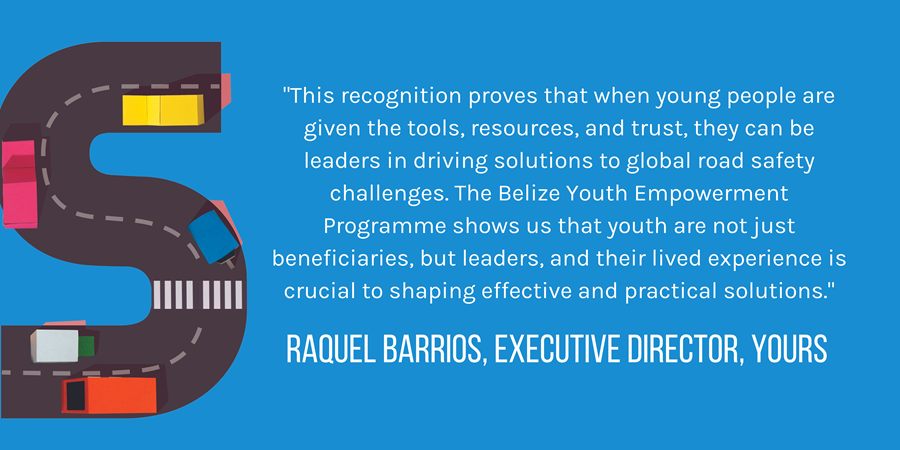
We thank the IRF for acknowledging the importance of youth engagement in road safety and look forward to continuing our mission to empower young leaders worldwide.

